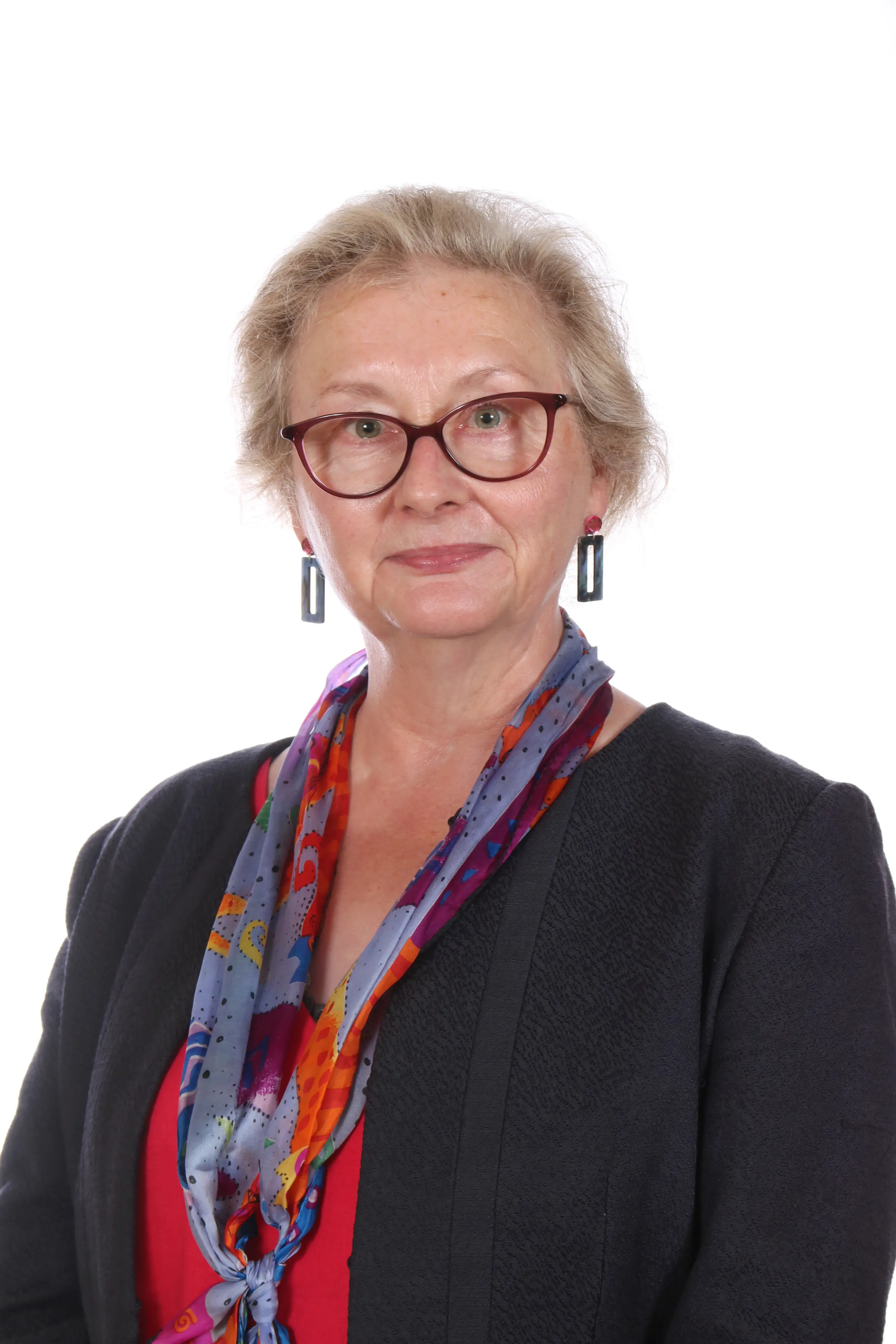Kings Ely senior
Academic
Religious Studies
Religious Studies is a vibrant core subject studied by all students in Years 9 to 11.
Religious Studies significantly contributes to National Curriculum cross-curricular themes of Citizenship and Personal, Moral, Social and Cultural Education.
The main aim of the course is to give students the opportunity to
consider religious and non-religious responses to moral issues, and to identify, investigate and respond to fundamental questions of life raised by human experience.
| Year 9 Topic Overview |
|---|
|
Michaelmas Term: Prejudice & Discrimination. Lent Term: Jewish Responses to the Holocaust Summer Term: The Language of Religion |
| GCSE Topic Overview |
|---|
|
Section A - Study of Religions. Students are required to examine key beliefs in Judaism and Christianity and understand the reasons for divergent views and traditions in both religions. Section B - Thematic Studies: Religious, Philosophical and Ethical Studies. Theme A: Relationships and Families Students should study religious teachings, and religious, philosophical and ethical arguments, relating to the issues that follow, and their impact and influence in the modern world. They should be aware of contrasting perspectives in contemporary British society on all of these issues. They must be able to explain contrasting beliefs on the following three issues with reference to the main religious tradition in Britain (Christianity) and a second religion (Judaism) as well as secular (non-religious) responses.
The nature of families, including:
Students should study religious teachings, and religious, philosophical and ethical arguments, relating to the issues that follow, and their impact and influence in the modern world. They should be aware of contrasting perspectives in contemporary British society on all of these issues. On the following three issues, they must be able to explain a belief from the main religious tradition in Britain (Christianity) and also from Judaism and a secular ideology.
The meaning and significance of:
|
| Assessments |
|---|
|
Written exam: 1 hour 45 minutes at the end of Year 11
Theme A: Relationships and families Theme B: Religion, peace and conflict
All questions are marked out of 24. |
